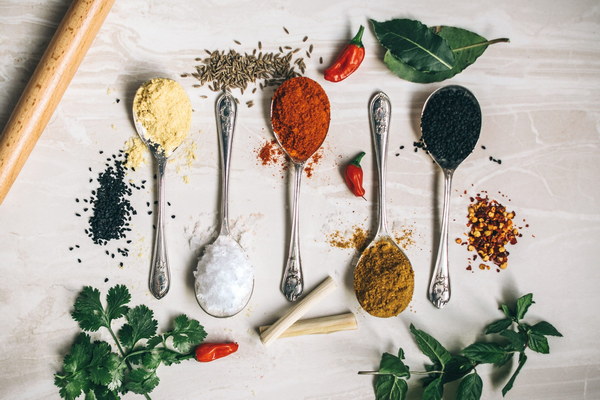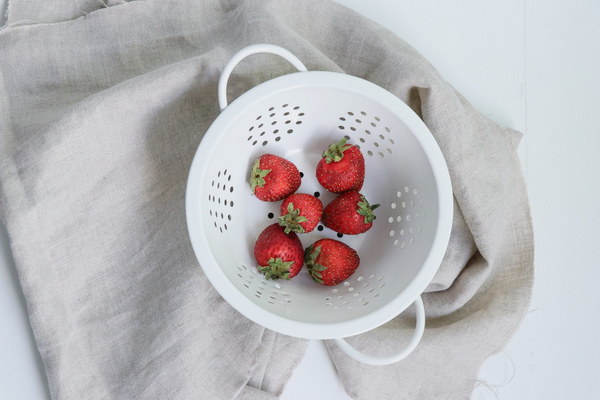Postpartum Health Tea Nurturing the Body and Soul After Childbirth
Navigating the postpartum period can be both exhilarating and challenging. After the joyous experience of childbirth, many new mothers find themselves in need of physical and emotional rejuvenation. This is where postpartum health tea comes into play, offering a natural and soothing way to support recovery. In this article, we will explore the benefits of postpartum health tea and how it can be a vital component in the healing process.
Understanding the Postpartum Period
The postpartum period, which typically lasts for the first six weeks after giving birth, is a critical time for the body to heal and recover. During this period, the body undergoes numerous changes as it readjusts to its new state. These changes can include:
- Physical Recovery: The uterus contracts back to its pre-pregnancy size, the cervix closes, and the body works to expel any remaining placental tissue.
- Hormonal Fluctuations: Hormones like estrogen and progesterone rapidly decrease, which can lead to mood swings, fatigue, and other symptoms.
- Emotional Adjustment: The emotional and psychological aspects of motherhood can be overwhelming, with many new mothers experiencing postpartum blues or depression.
The Role of Postpartum Health Tea
Postpartum health tea is a specialized blend of herbs and spices designed to address the unique needs of new mothers. These teas are often rich in nutrients, antioxidants, and properties that can help with:
- Uterine Contraction: Herbs like motherwort (Leonurus cardiaca) and raspberry leaf (Rubus idaeus) are known to aid in uterine contractions, which can help prevent excessive bleeding.
- Hormonal Balance: Ingredients such as chamomile (Matricaria chamomilla) and spearmint (Mentha spicata) may help regulate hormones and alleviate symptoms of premenstrual syndrome (PMS) that can occur during the postpartum period.

- Immune Support: Herbs like echinacea (Echinacea purpurea) and elderberry (Sambucus nigra) can boost the immune system, helping to prevent infections that are more common during this time.
- Digestive Health: Ingredients like ginger (Zingiber officinale) and peppermint (Mentha × piperita) can help with digestion, which may be affected by changes in diet and stress levels.
How to Prepare and Enjoy Postpartum Health Tea
Preparing postpartum health tea is generally straightforward. Here's a basic guide:
1. Select the Right Tea: Choose a high-quality postpartum health tea blend that includes the appropriate herbs for your needs.
2. Boil Water: Use fresh, filtered water and bring it to a rolling boil.
3. Steep the Tea: Place the tea bag or loose herbs in a cup, pour the boiling water over them, and cover the cup to steep for about 5-10 minutes.
4. Strain and Serve: Remove the tea bag or strain the herbs, and enjoy your tea warm. You can add honey or lemon for flavor if desired.
Benefits of Postpartum Health Tea
The benefits of postpartum health tea are multifaceted:
- Relaxation: The warm, soothing nature of the tea can help reduce stress and promote relaxation, which is essential for emotional well-being.
- Hydration: Drinking tea helps to stay hydrated, which is important for overall health and recovery.
- Nutritional Support: Many postpartum health teas are rich in vitamins and minerals, which can support recovery and replenish nutrients lost during pregnancy and childbirth.
- Community: Sharing a cup of tea with other new mothers can provide a sense of community and support, which is invaluable during this time.
Conclusion
Postpartum health tea is a natural, nurturing way to support the body and soul during the postpartum period. By incorporating this traditional remedy into your daily routine, you can help facilitate a smoother recovery and enjoy the many benefits it has to offer. Remember to consult with a healthcare provider before starting any new herbal remedies, especially if you have pre-existing health conditions or are taking other medications. With the right blend and a little care, postpartum health tea can be a comforting companion on the journey to motherhood.









